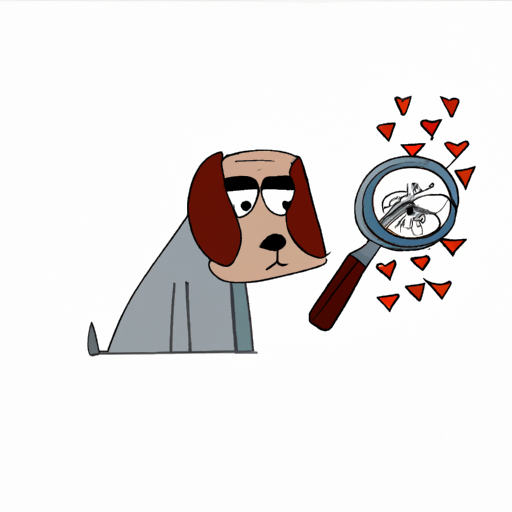Understanding Heartworms
Heartworm disease is a serious and potentially fatal condition caused by parasitic worms living in the arteries of the lungs and occasionally in the heart of dogs. Heartworms are transmitted through the bite of an infected mosquito. There is no way to tell if a mosquito is carrying heartworms. Dogs of all ages and breeds are susceptible to infection.
-
Heartworm Life Cycle:
- The process begins when an infected mosquito bites a dog, transferring heartworm larvae into the dog’s bloodstream.
- These larvae develop into mature heartworms in approximately six months.
- Once matured, they can live for 5 to 7 years in dogs.
-
Geographical Prevalence:
- Heartworm disease has been reported in all 50 U.S. states.
- It is especially common along the Atlantic and Gulf Coasts and along the Mississippi River.
Recognizing Heartworm Symptoms
In the early stages of heartworm disease, many dogs show few symptoms or no symptoms at all. The longer the infection persists, the more likely symptoms will develop. Signs of heartworm disease may include:
- Mild persistent cough
- Reluctance to exercise
- Fatigue after moderate activity
- Decreased appetite
- Weight loss
Preventing Heartworm Infection
Prevention is the best treatment for heartworm disease. The cost of prevention is significantly less than the cost of treating a heartworm infection, not to mention the risk to your dog’s life.
-
Heartworm Preventatives: These are medications given monthly to prevent heartworm infection. They come in oral, topical, and injectable forms.
-
Routine Testing: Annual testing is recommended to ensure that an infection has not occurred. If an infection is present, treatment can begin as soon as possible.
-
Mosquito Control: Reducing your dog’s exposure to mosquitoes can help prevent heartworm infection.
Treatment Options for Heartworm
If your dog is infected with heartworms, your veterinarian will develop a treatment plan. The severity of the disease, your dog’s health, and your dog’s age will factor into this plan.
| Treatment Options | Description |
|---|---|
| Adulticide Therapy | Involves the administration of a series of injections to kill adult heartworms. |
| Doxycycline | Used to kill the bacteria that heartworms require to live. |
| Prednisone | Used to reduce inflammation caused by the death of heartworms. |
Frequently Asked Questions
Q: Can heartworm disease be cured?
A: Yes, with early detection and proper treatment, heartworm disease can be cured.
Q: Can heartworm prevention cause side effects in my dog?
A: Side effects from heartworm preventatives are rare but can occur.
Q: Can heartworms be transmitted from dog to dog?
A: No, heartworms cannot be transmitted directly from one dog to another.
Q: How often should my dog be tested for heartworms?
A: It is recommended to have your dog tested annually for heartworms.
As a caregiver, your role is vital in the prevention, early detection, and treatment of heartworm disease in your dog. By understanding the causes and treatment options, you can help ensure your dog’s long, healthy life.



